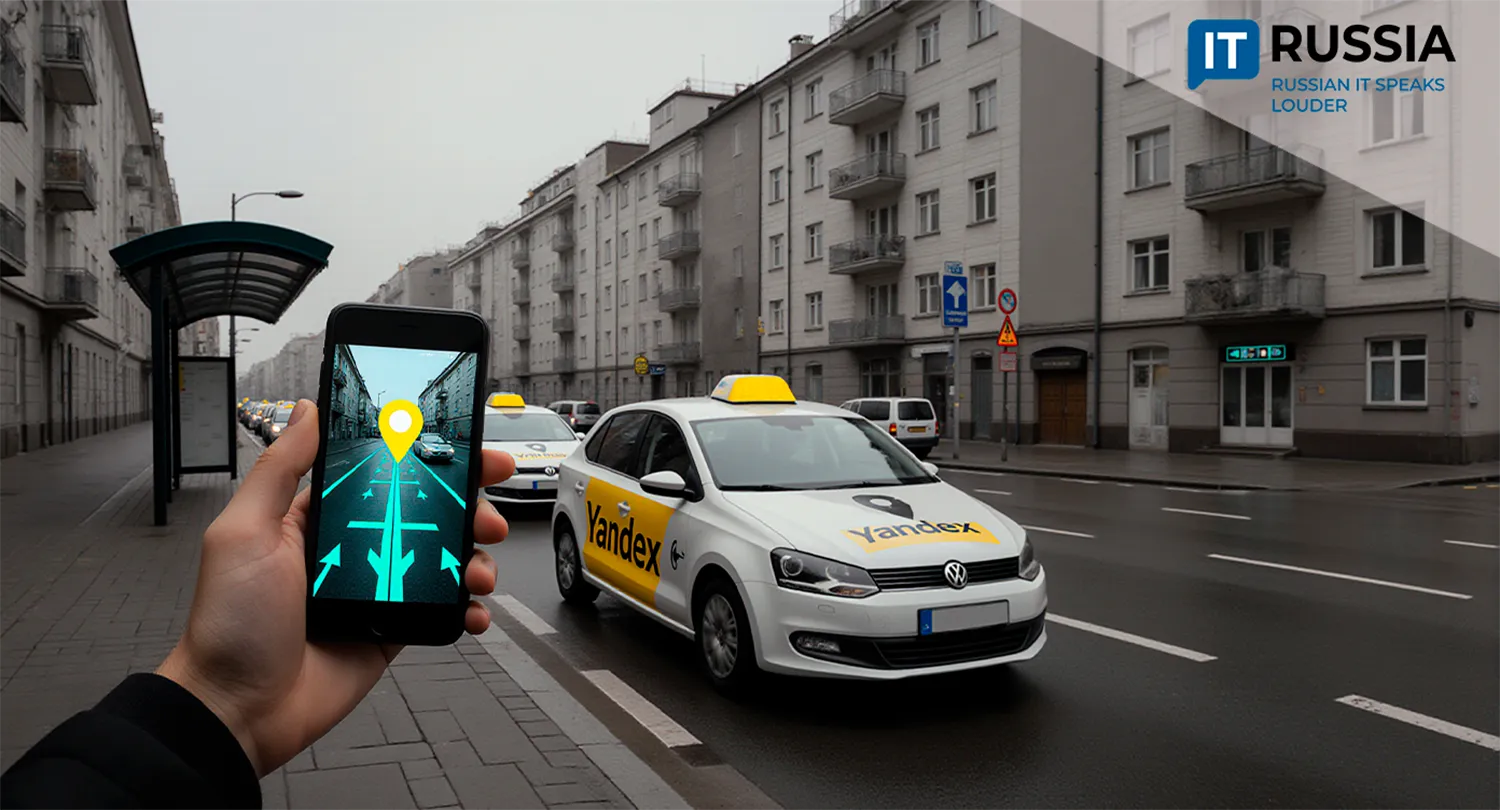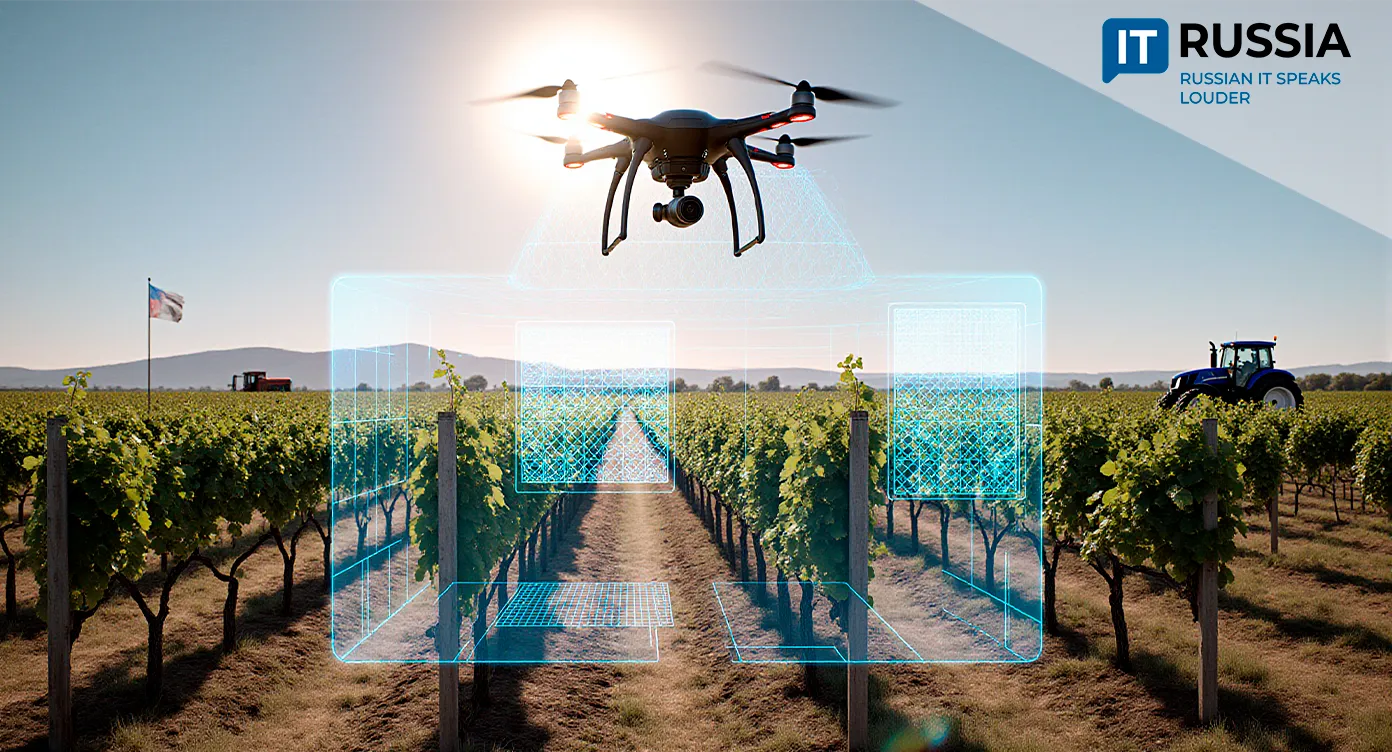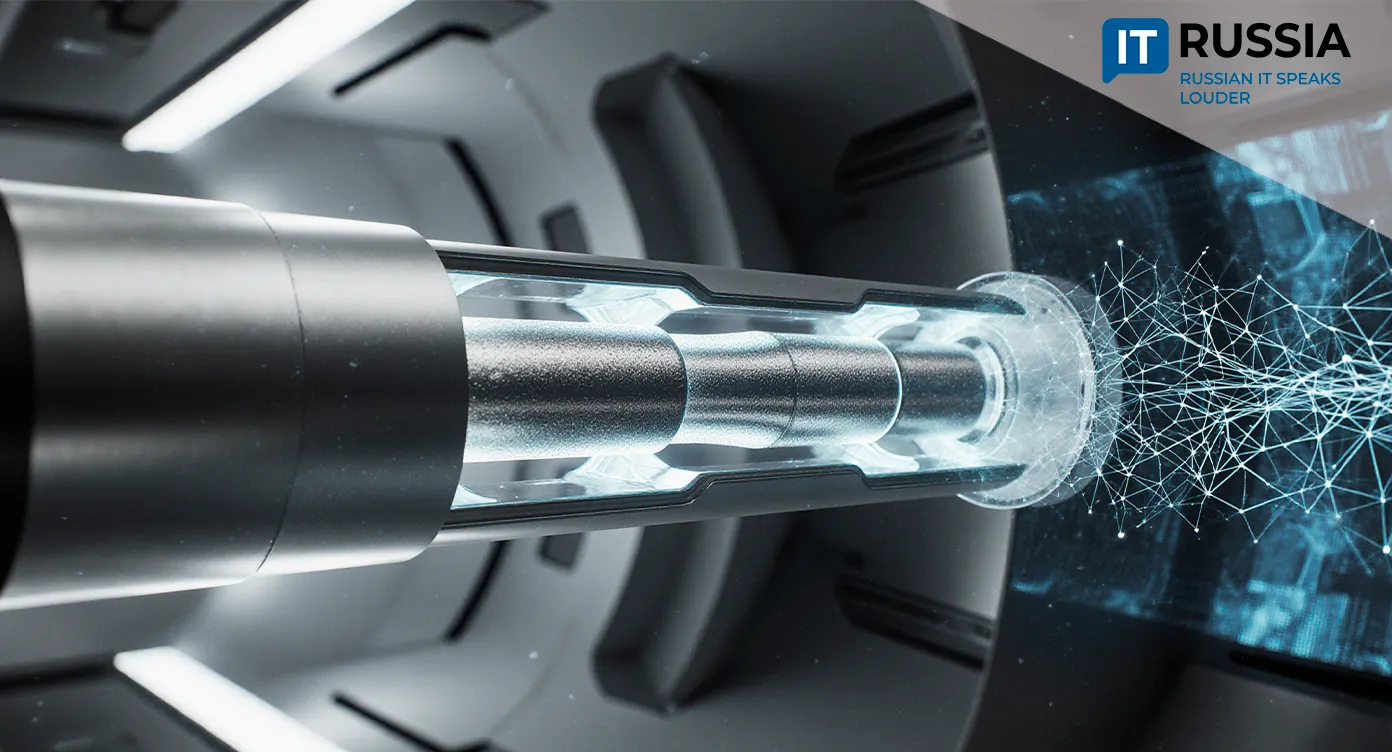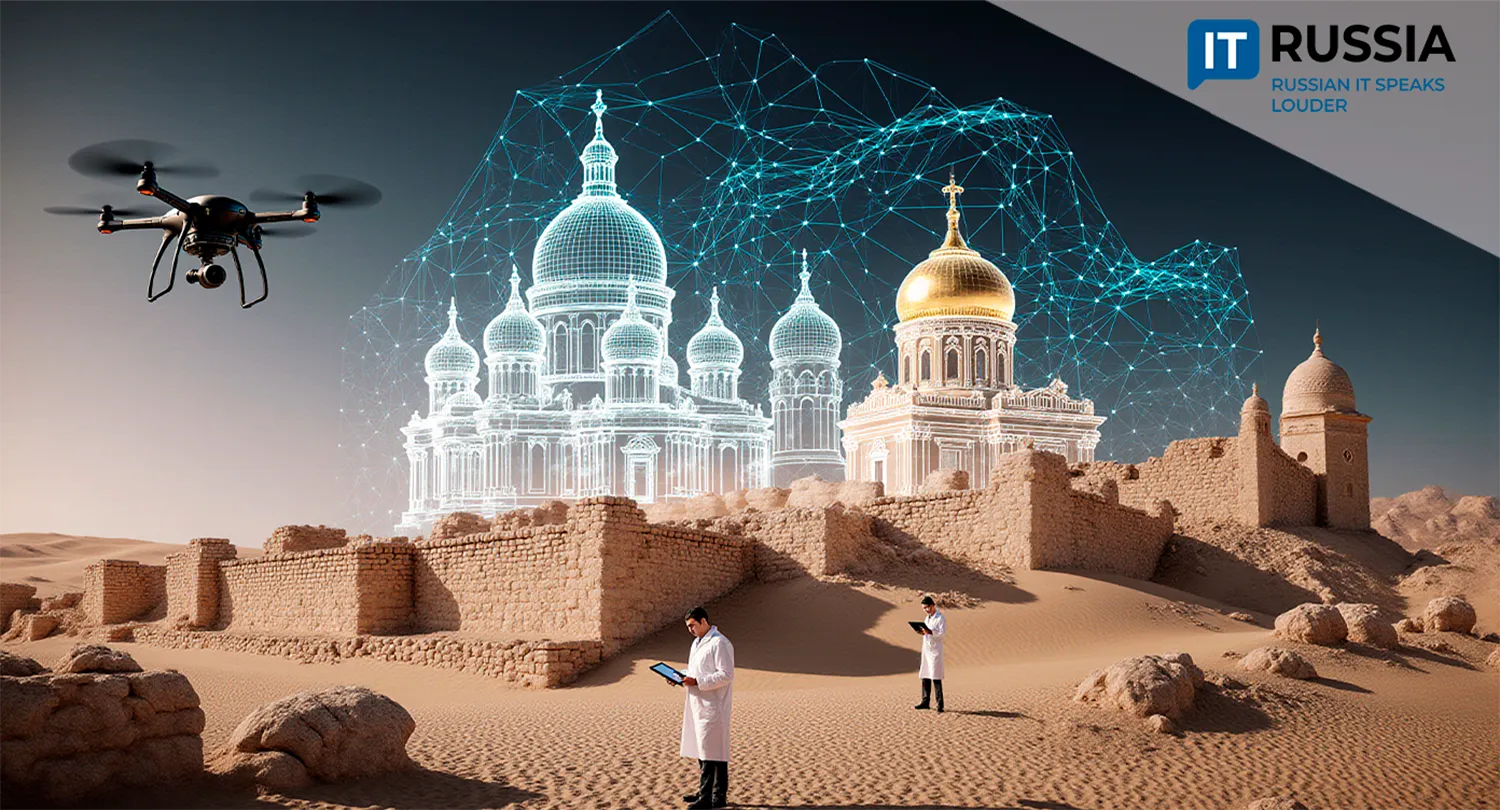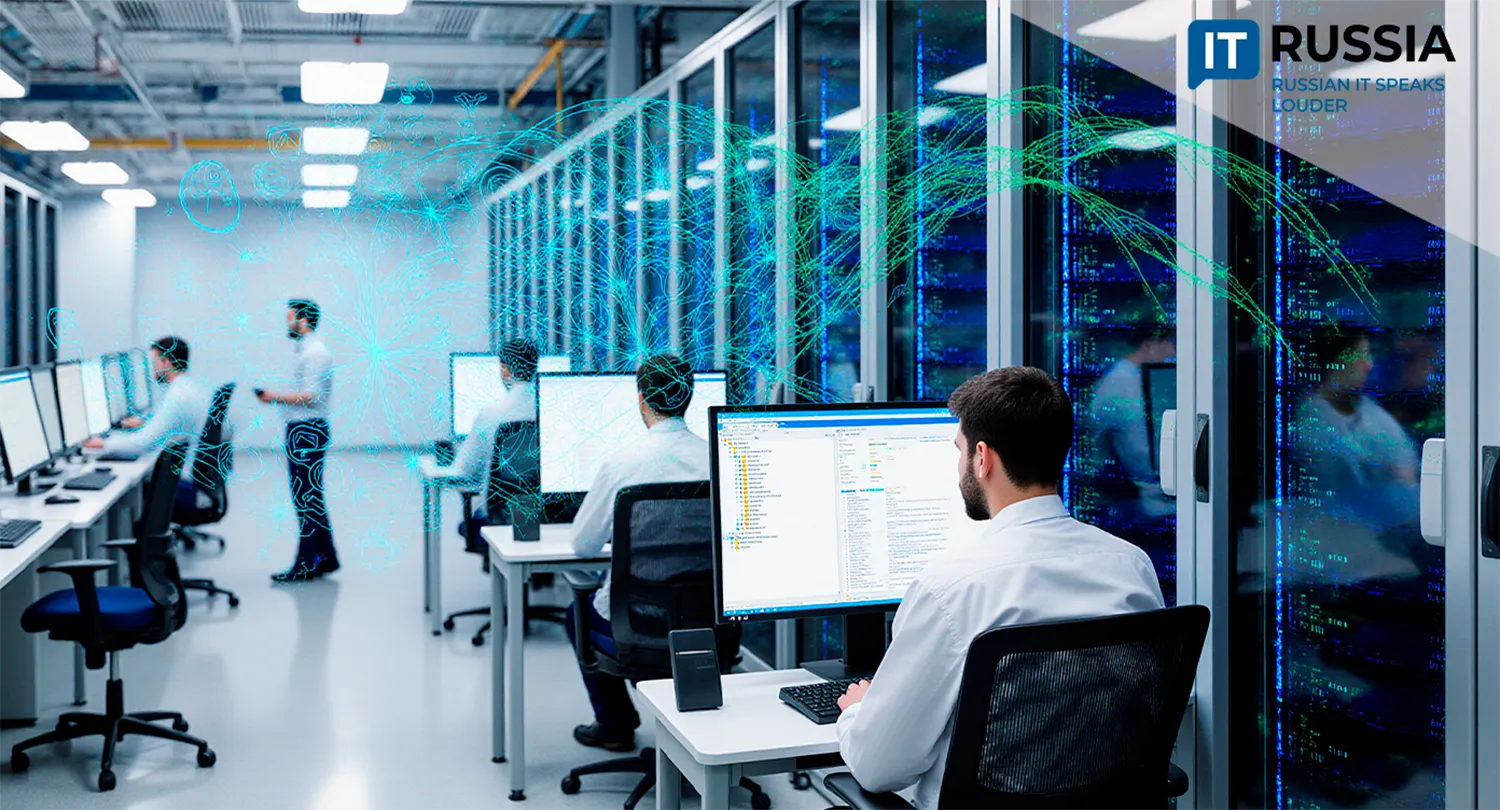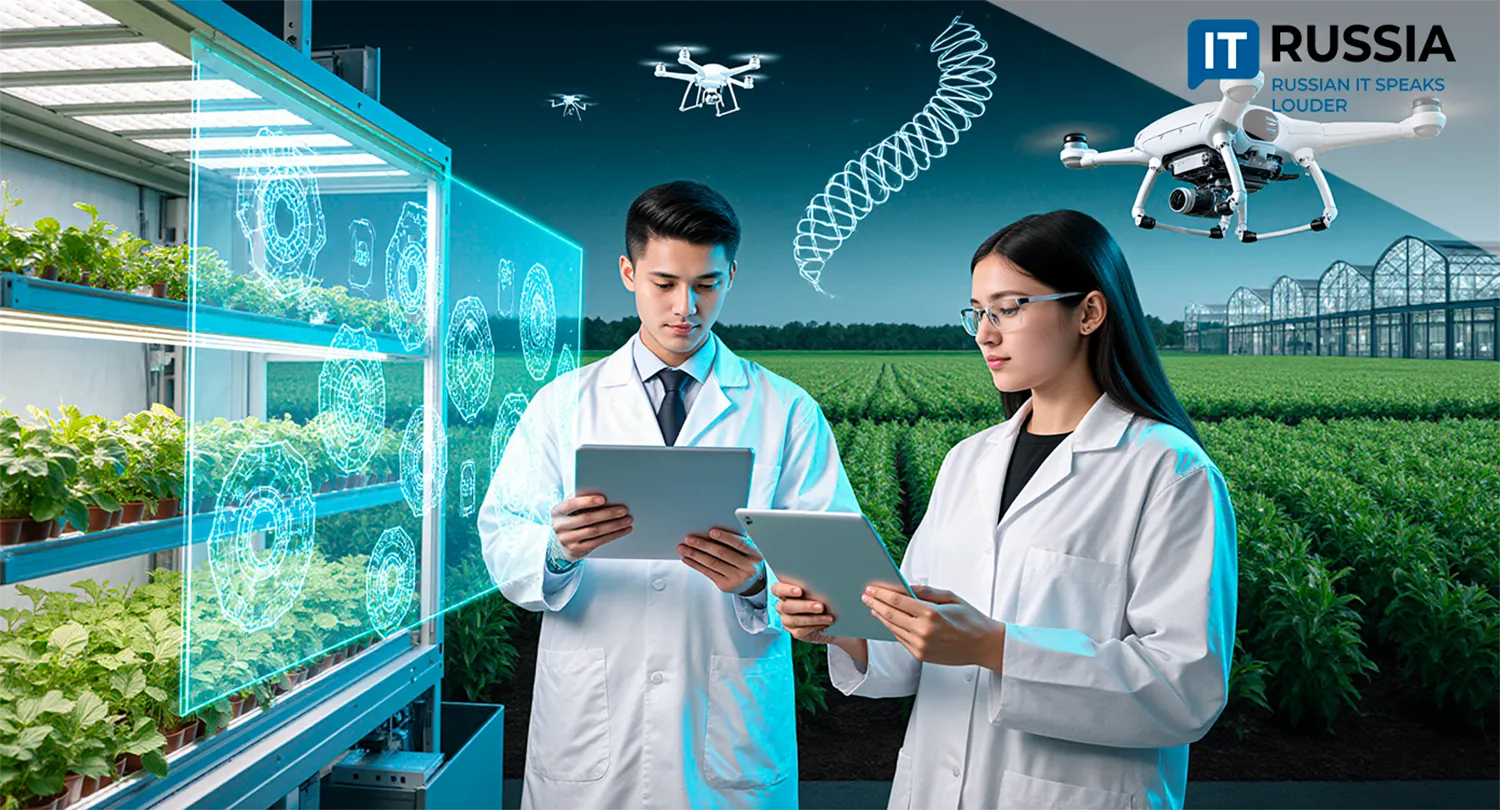Digital Harvest: Russia’s Agri-Industrial Sector Seeks Agro-Cyberneticians
Russia’s fast-growing agricultural sector is looking for specialists to drive the adoption of robotics, machine vision, drones, and autonomous tractors and harvesters—laying the groundwork for a digital harvest.
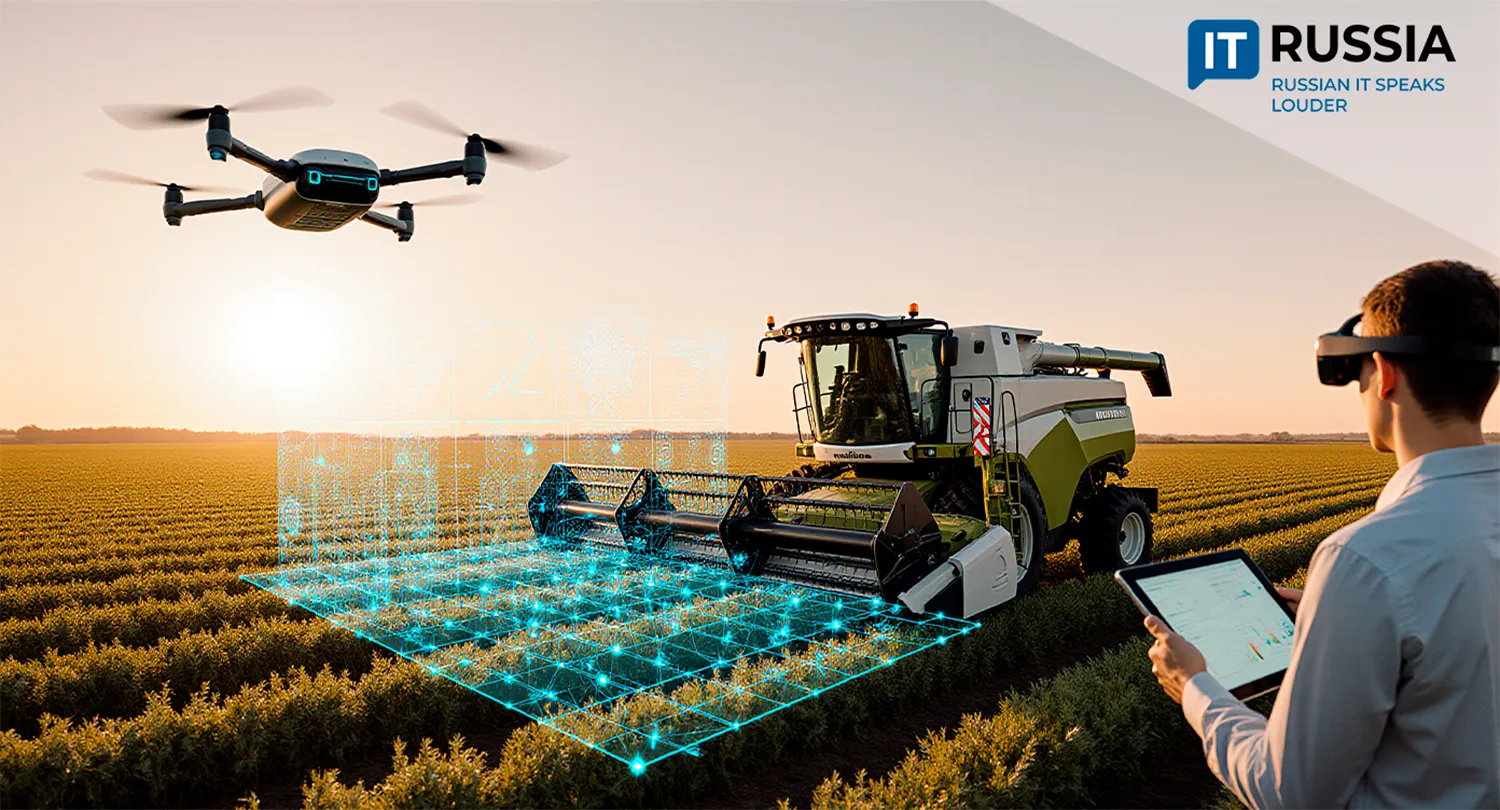
Digital Growth and IT Specialists
The pace of modernization in Russia’s agri-industrial complex (AIC) is clearly visible in the labor market, which not only reflects today’s demand but also signals what the industry will look like in the near and medium term.
Demand is surging not only for IT professionals in agriculture but also for field workers capable of engaging with digital tools.
Speaking at the plenary session of the forum “Promising Trends in Agricultural Education and Science” at Stavropol State Agrarian University, Russia’s Minister of Agriculture Oksana Lut highlighted new and emerging professions identified through an employer survey on the “Work in Russia” portal. These include emerging roles such as agro-cyberneticians, agri-biotechnologists, precision agriculture specialists, and even wine tourism managers.
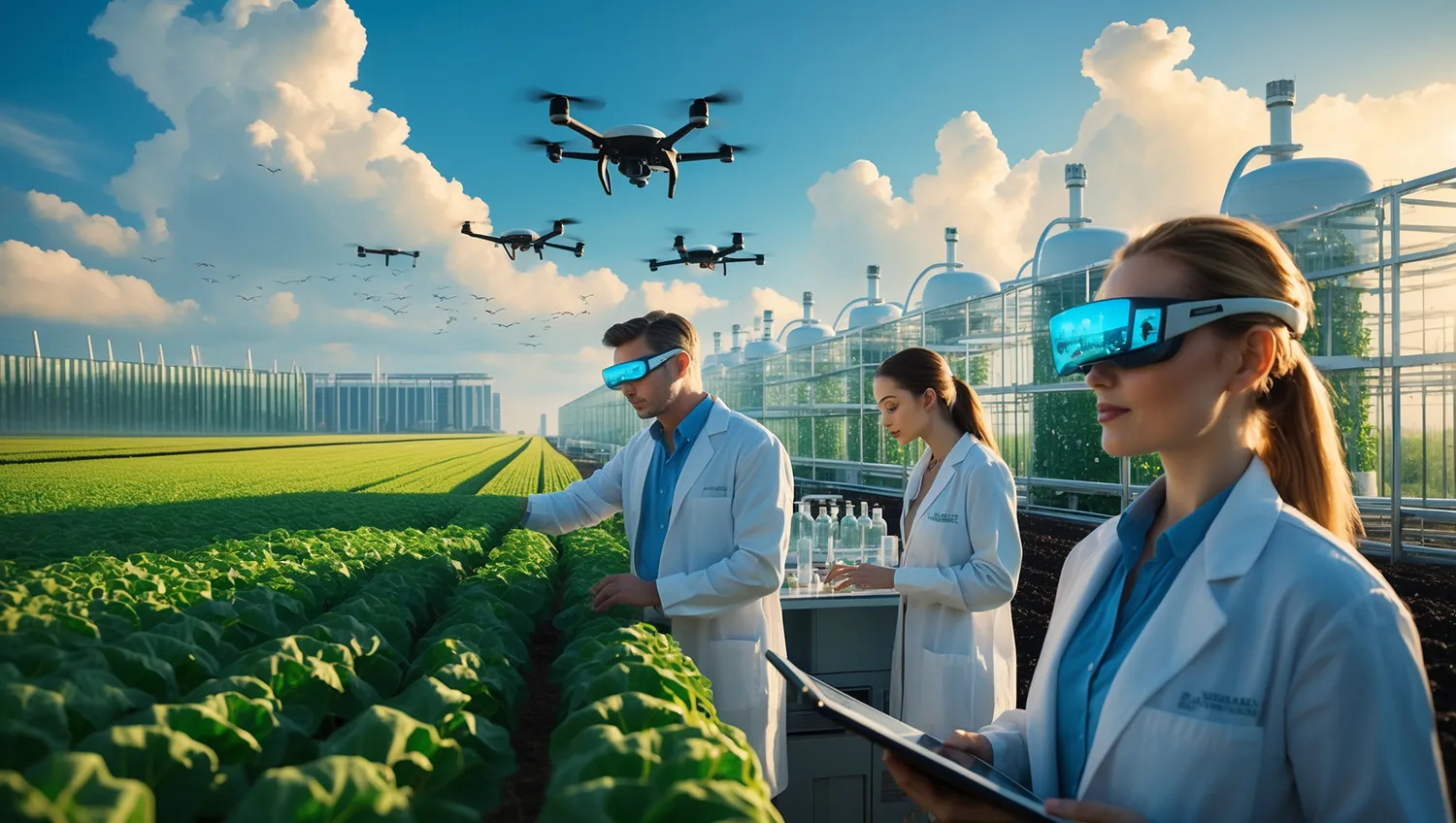
In terms of current employment, the top five most in-demand roles are veterinarians, agronomists, livestock specialists, viticulturists, and cheesemakers. By growth rate, the leaders are UAV (drone) operators, livestock complex operators, vegetable growers, livestock specialists, and enologists.
Rapid Productivity Growth
Today, Russia leads in productivity growth across sectors, with agriculture showing a 55% increase over the past decade. Much of this progress is linked to effective digital technologies. Robots and automated systems now handle almost all tasks: soil cultivation, weeding, crop monitoring, and planting support. Such projects are now underway in almost every Russian region, reflecting a nationwide digital push.
Artificial intelligence (AI) is increasingly being deployed for farm management and real-time process monitoring.
At the plenary session “Platform Economy and Productivity as a Response to Labor Shortages” during Russia’s National Labor Safety Week, Oksana Lut emphasized the importance of advancing digitalization as a core driver of agricultural productivity.
Among promising directions, the Minister underlined the development of robotics in animal husbandry, the use of machine vision in sorting and packaging, the rollout of autonomous tractors and harvesters, and drone-based crop monitoring and treatment.
Breeding and genetics are also in focus, with active IT deployment. Marker-assisted and genomic selection, as well as digital phenotyping, are accelerating the creation of new varieties and hybrids.
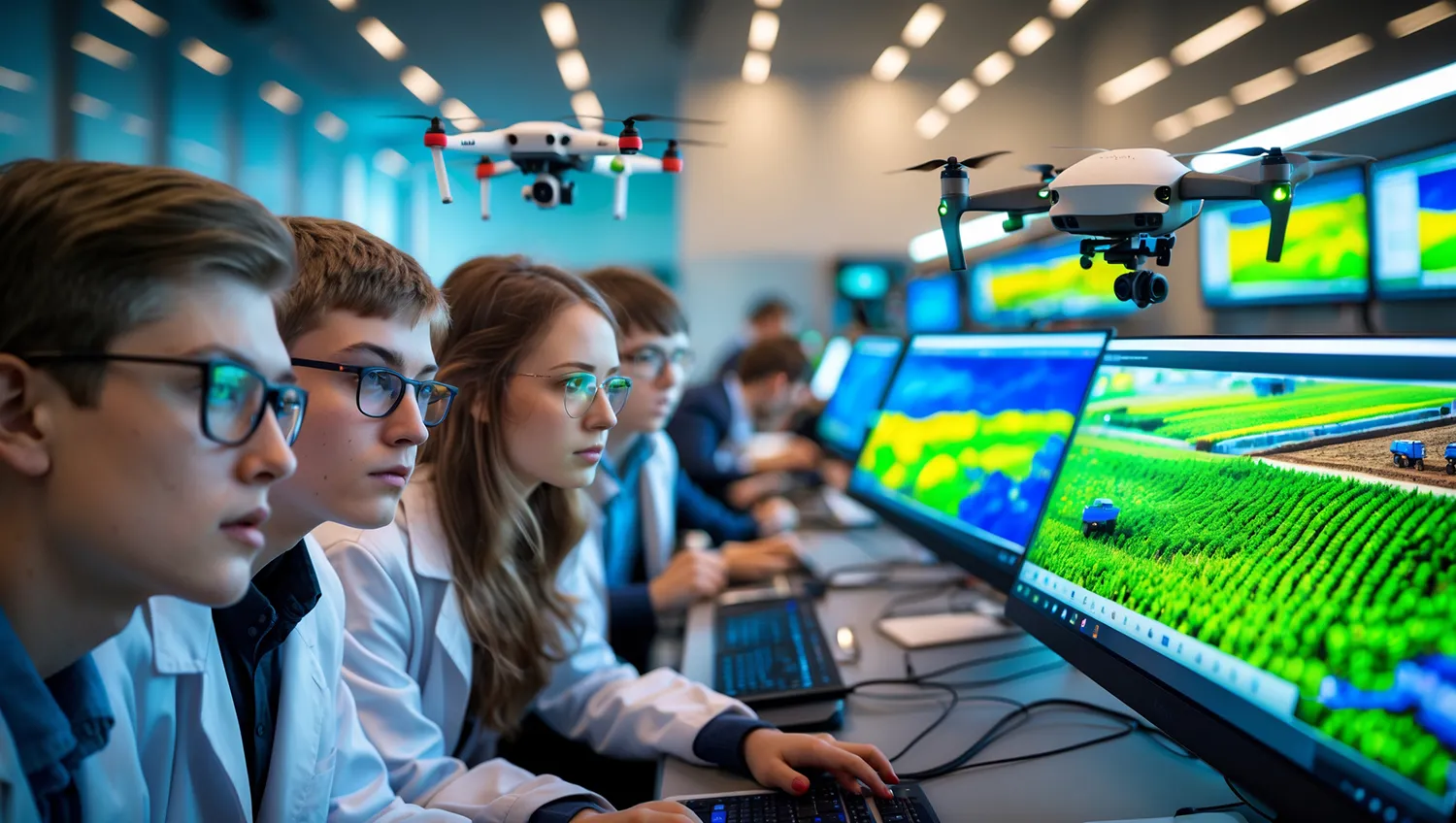
Building Human Capital
All this requires qualified specialists with real-world production experience and digital expertise. Lut stressed that Russian agricultural education is shifting to a new model. Universities aim to produce ready-to-deploy specialists equipped with knowledge in digital technologies and AI—closing the gap in highly skilled labor for the sector.
Today, Russia has 132 agricultural universities enrolling more than 800,000 students. In 2025, 63,000 were admitted into agricultural programs.
Partnerships between science and education are also critical. Agricultural universities and research institutes are joining forces in projects to develop and scale digital solutions for the AIC. This collaboration pools resources, accelerates the rollout of digital innovations, and makes advanced solutions more accessible to producers across Russia.
Affordable Products and New Markets
The impact of digitalization extends across Russia’s economy. Citizens gain access to high-paying STEM professions—such as UAV pilots, AI analysts, and biotech experts—while the sector achieves higher production efficiency.
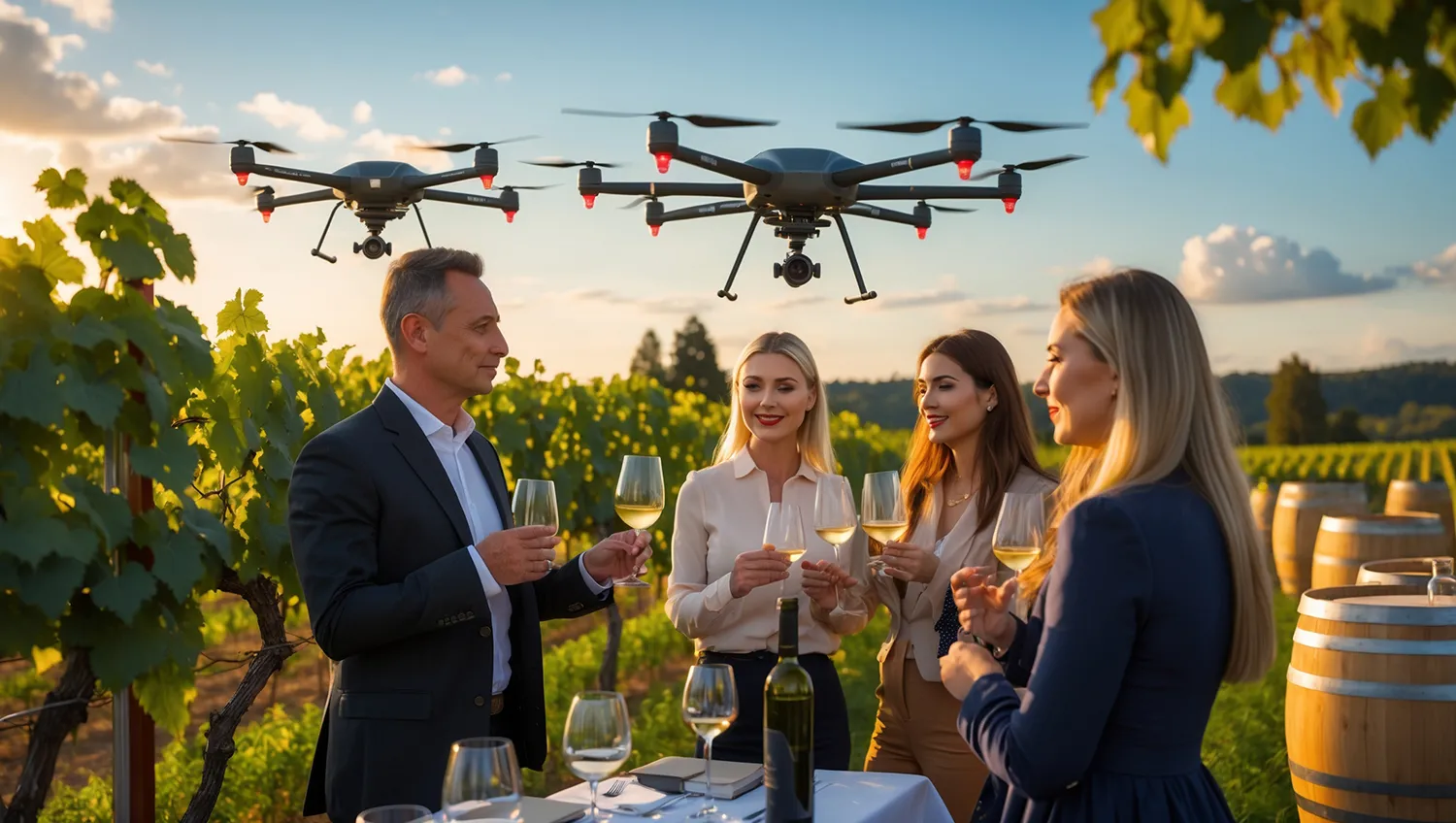
According to analysts at Yakov & Partners, digitalization in agriculture could reduce production costs by 5% to 20%, while generating at least 800 billion rubles (around $9.6 billion) in additional annual revenue. This will make food products more affordable domestically and strengthen Russia’s position in global markets.
Russia is also reinforcing its technological sovereignty and expanding its potential to export AgriTech solutions. These technologies are likely to be in demand worldwide, especially in nations seeking to strengthen food sovereignty and security.






